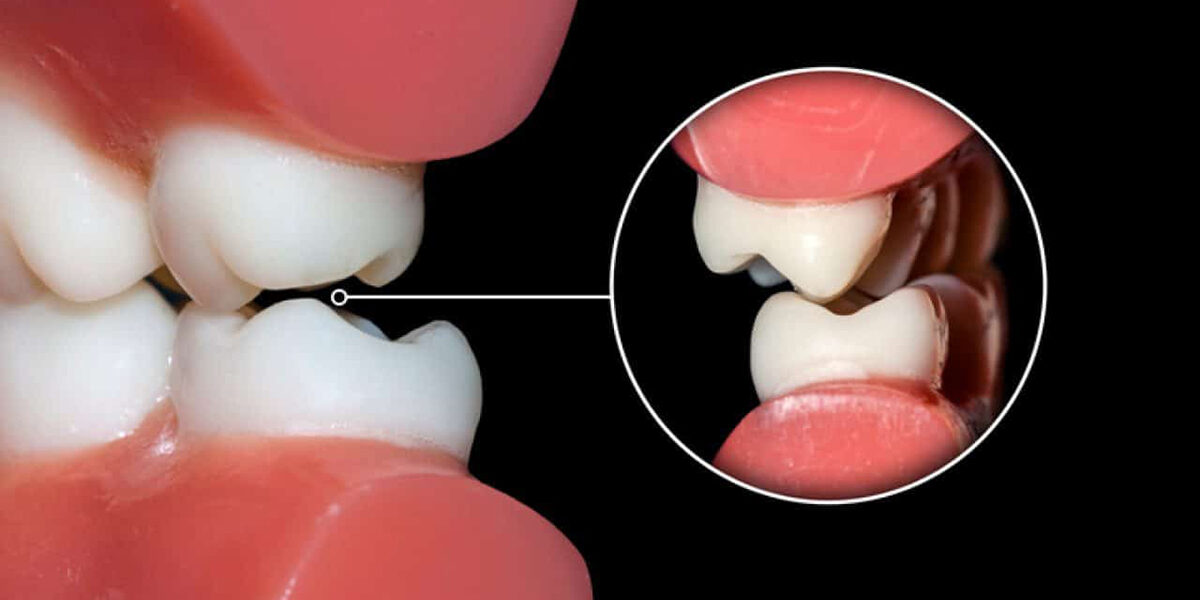How your Dentist can help Prevent and treat Teeth grinding
It takes more than a little determination to break the harmless, anxiety-inducing practice of teeth grinding. Rather, teeth grinding is an involuntary behavior that can result in unnecessary pain and suffering for people who engage in it.
Continue reading if you grind your teeth and are unsure of why or how to stop. More details regarding this dental condition and various methods that dentists can use to treat teeth grinding are provided below.
The Reasons Behind the Problem of Teeth Grinding
Up to one in five Australians suffer from bruxism, another name for teeth grinding, with women more likely to be affected than men. The symptoms of teeth grinding are mild and merely a slight nuisance for those people who are affected.
But for a lot of other people, teeth grinding is a serious issue that can cause tooth damage. Indeed, severe enamel erosion, dental deterioration, and even tooth fractures can result from teeth grinding.
Other negative consequences of teeth grinding include migraines, loosened teeth, and the exacerbation of jaw-joint diseases. Relationships may suffer as a result of sleeping partners being disturbed by the loud noises made by tooth grinders at night.
Strategies for Stopping Teeth Grinding
When you grind your teeth while you sleep, you might feel powerless to stop the issue. Although you cannot make yourself act differently while you sleep, your dentist can help you avoid tooth grinding or lessen its effects.
Because the origins of tooth grinding are unclear, prevention is not always easy. According to several medical experts and researchers, teeth grinding is caused by heredity or intrinsic tendencies. Others think that drugs or anxiousness are at blame. There are likely multiple causes of bruxism in certain patients.
Dentists can provide remedies to stop teeth grinding, regardless of the underlying cause. Dental guards and splints are the most widely used tools to treat teeth grinding. Splints and guards serve different purposes based on the dentist’s treatment objectives, and patients frequently need to try out different methods before determining which one suits them best.
Patients typically wear guards or splints for two reasons.
1. Avoid harm
Splints and guards are frequently worn by patients in an attempt to keep their teeth from getting damaged. By acting as a barrier between the upper and lower teeth, these devices lessen the amount of rubbing that takes place between them.
Although these tools won’t stop your teeth from grinding, they will make it practically innocuous. This type of splint or guard might be effective for you if your bruxism doesn’t produce headaches, jaw pain, or other symptoms.
2. Stop the Jaw from Moving
In other cases, the purpose of splints and guards is to completely stop movement and partially immobilize the jaw. This can be the best choice for you if secondary symptoms like jaw issues are brought on by your teeth grinding. As an alternative, some dentists recommend mouth guards that, in theory, realign the entire bite pattern, with the goal of getting the teeth to completely move past one another.
Gagging or excessive salivation are two unpleasant side effects that dental splints and guards may cause. However, a dentist can assist reduce or eliminate the harmful consequences by changing the type of guard or wearing behaviors.
Medication and stress-reduction therapy are further strategies to lessen teeth grinding. Your dentist could advise you to look for these alternatives from a physician or other qualified health care provider if your teeth grinding is severe or doesn’t improve with splints and guards.
Your next course of action should be to get in touch with a dentist right away if you are grinding your teeth. Finding a treatment option that will both protect your teeth and ease the uncomfortable symptoms of teeth grinding is something your dentist can assist with.


